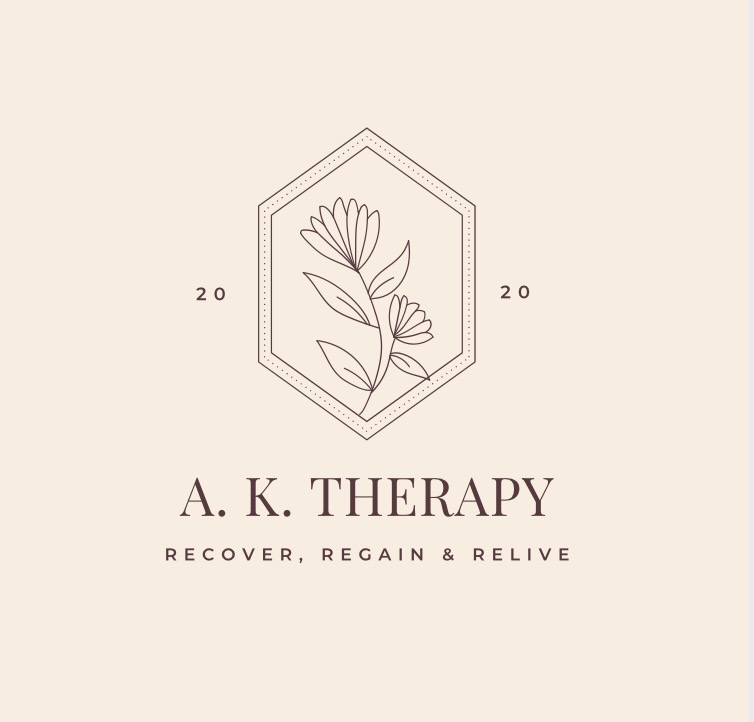Cultivating Hope 🌊
- A. K Therapy

- Jun 16, 2021
- 2 min read
Hope is a positive state of mind based on an expectation that one will experience positive outcomes in their life. People who feel hopeful will also have hope-related cognitions or thoughts. Such thoughts lead them to set goals for themselves and help them learn new skills. People who have hope tend to be more resilient when they face challenges. This is because they are always open to challenges and enjoy learning and growing from their experiences.
Psychologist C. R. Snyder proposed the Hope Theory in the early 1990s. He argued that there were two key factors with respect to hope; these factors influenced whether a person would work towards their goals with a sense of optimism.
One of these is Pathways Thinking - the ability to generate multiple ‘paths’ from a person’s present to the desired future. In other words, this is the ability to think of different ways to get to the goal. The other factor is Agency Thinking - the belief in one’s ability to achieve an outcome. In order to build hope, one can focus on increasing both these types of thinking. Hopeful people believe that the future will be better than the present (they have positive goals to work towards), that they have control over what will happen in the future (agency thinking), and that there are many ways they can reach their goals (pathways thinking).
Why do we need hope?
Life is tough and we all face setbacks from time to time. Just having a goal is not enough - we also need to have the right mindset to achieve it. Hope allows us to face obstacles with a strategic mind and increases our chance of accomplishing our goals. It makes us resilient in the face of adversity.
Now more than ever, we are in need of hope. Here’s why.
Having hope can protect our health and can even boost physical well-being. This is especially important amidst the ongoing crisis, as we need to build our immunity to ward off the virus.
Hope can help us better manage anxiety, uncertainty, vulnerability and uncontrollability. This can allow us to take care of our mental health in these uncertain times.
Being hopeful allows us to take action to cope with the crisis and the challenges that we face. Having hope can allow us to carry out our everyday activities and take care of the people around us.
Hope also allows us to combat our negative thinking and let go of our unhelpful beliefs. This can help us stay positive in the current situation.
When hope is directed at relationships, it can help us strengthen our bonds with loved ones. It can also reduce feelings of loneliness - something many of us might be experiencing as we practise social distancing.
Hope also allows us to be more productive and focussed. Studies have found hopeful people to work more effectively and efficiently than others. This makes hope especially relevant for those who might be feeling demotivated while working from home.
Every person may find hope in a different way. Figure out what hope means to you and spend some time thinking about how you’d like to experience hope in your life. Remember that hope can be cultivated - so pick the strategies that you think will work for you and start leading a more hopeful life today.







Comments